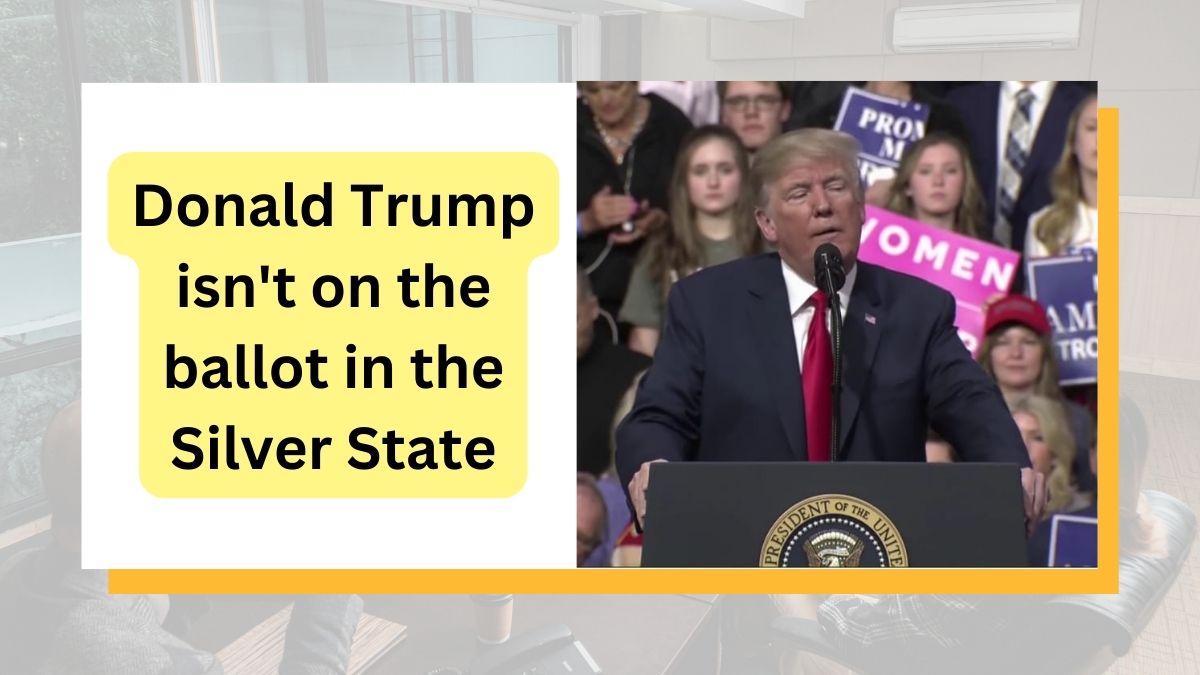Tuesday is the Republican primary in the Silver State, and Haley is the only significant contender taking part. This year, Trump chose to participate in the Republican Party caucus in Nevada.

Thus, the two will not compete until later this month at the South Carolina primary.
In addition, President Joe Biden anticipates victory in Tuesday’s Democratic primary in Nevada, given the difficulty his rivals are having gaining traction nationwide.
Polls in Nevada
In Nevada’s state-run Democratic and Republican primaries, polls close at 7 p.m. local time, or 10 p.m. ET.
Donald Trump and Nikki Haley in 2024 polls
Nikki Haley is still behind Republican front-runner Donald Trump, despite her efforts to gain ground in Nevada, South Carolina, and other crucial 2024 races.
According to an average of Real Clear Politics’ polls of the Republican field, Trump received 73.5% of the vote nationwide.
In comparison, even after competitors like Florida Governor Ron DeSantis and businessman Vivek Ramaswamy withdrew from the GOP primary, Haley managed to secure 18.8% of the vote.
Biden won South Carolina
In the first official contest of the 2024 Democratic nomination process, the South Carolina primary, Joe Biden easily won.
About an hour after the polls closed at 7 p.m., the Associated Press declared Biden the winner, despite opposition from author Marianne Williamson and Congressman Dean Phillips, D-Minn.
Although the president is predicted to win the Democratic nomination in 2024, the results of the primary season may reveal Biden’s standing with the party’s grassroots and whether or not he has lost support since his 2020 campaign for president.
Why are there primary and caucus elections in Nevada
The Nevada Legislature passed a bill to allow primaries based on presidential preferences in 2021. It was meant to be an easier method for selecting the two major parties’s preferred presidential candidates.
The Nevada Republican Party, however, objected to the new structure and took a different tack. The party will only take into account the results of its own caucus on February 8, which it will host and fund, rather than using the results of the primary to determine which candidates to send to the GOP National Convention.
The party claims that the caucus represents the electoral reforms it wants to see implemented, including voter ID, a single election day devoid of early voting, paper ballots, and a reduction in the power of super PACs.